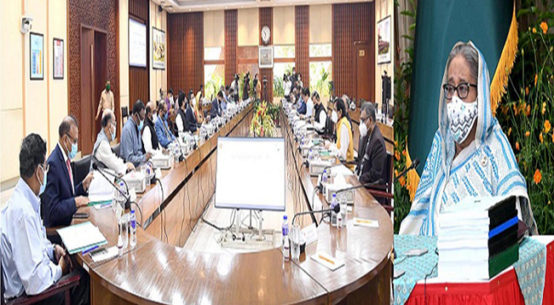BNP Senior Joint Secretary General Ruhul Kabir Rizvi on Tuesday alleged that the ruling Awami League now leans on corrupt elements, looters, and some police officers having been abandoned by the country’s people.
Speaking at a press conference at BNP’s Nayapaltan central office, he also said the recent upazila polls were marred by extensive violence, amid the absence of opposition parties and voters, as factions within the ruling party engaged in bloody clashes in their pursuit of securing the posts of chairman and vice-chairman, driven by their desire to embezzle public money.
“Awami League is now a party abandoned by people. This party is dependent on some police officers and those who grab the property and loot money of poor people, including minorities,” the BNP leader said.
That’s why Rizvi said the ‘dummy’ government and its puppet Election Commission are not ashamed of holding the national and local government elections without voters.
“People consider the Awami government and their Election Commission as the most shameless entities of the century,” he added.
The BNP leader said the fourth phase of ‘dummy’ upazila elections was held on June 5 unilaterally like the previous polls.
He said the ruling party enjoyed the one-party upazila election by making themselves opponents with no opposition party and no voters.
Rizvi said the ruling party exploited the one-party upazila election by making themselves as opponents, capitalizing on the absence of any opposition party and voters.
In many upazilas across the country, Rizvi mentioned that the members of the ruling party resorted to violence to secure positions of chairman and vice-chairman, aiming for both plundering and establishing their supremacy.
“To avoid missing out on opportunities to loot money, the Awami cadres split into two groups and engaged in massive violence, leading to casualties and severe injuries within their own party,” he said.
The BNP leader bemoaned that seven people lost their lives and thousands more were subjected to attacks during the upazila elections, marking an unprecedented level of violence in Bangladesh’s electoral history.
Rizvi said the media outlets are daily running news about the economic turmoil, portraying the chaotic state of affairs in the country’s economy.
He observed that issues such as siphoning off money abroad, widespread bank loan defaulting, a depreciating local currency against the dollar, a severe dollar crisis, declining remittances from expatriates, abnormal inflation, and soaring prices of essential goods have pushed low-income individuals into severe crises.


